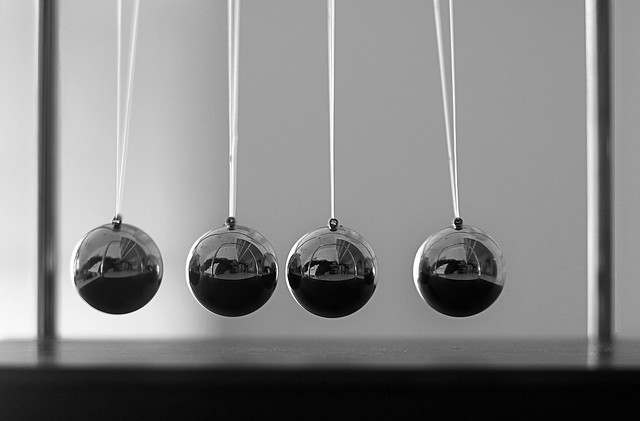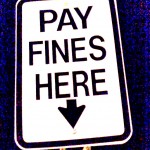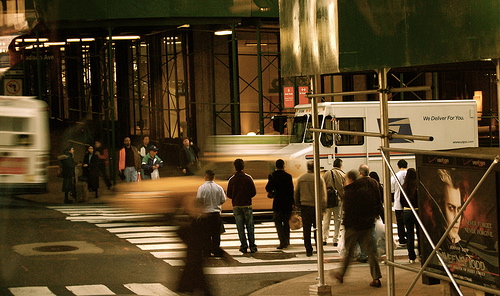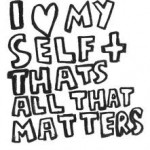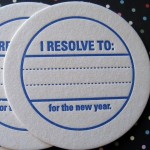
Recently I spent a day at the Fairfax County Courthouse. Six months ago a couple of young kids in the neighborhood stole my briefcase. I had left it in the car, unlocked. Shame on me. Police found the briefcase bereft of the easily sold electronics. The police also (eventually) found the two boys. They were being tried in juvenile court. In Fairfax County victims are subpoenaed to testify. So I came, though I never made it into the courtroom. The defendants settled before they ever had a trial. Two counts, felony theft.
So I spent the day sitting and watching.
Life plays out hard in Juvenile Court. There are the defiant and presumably ‘don’t care’ teens that sit stone faced and sullen next to parents and guardians. There are the anxious adults who lean into conversations across from detectives and lawyers. Then there are children. The little ones who sit, squirm, fidget and sometime get loud, oblivious to the nature of their surroundings or the consequences of what might happen next.
Blue collars far outnumber white collars in Juvenile Court. You see uniforms of the working class … maids, gardeners, medical assistants, and construction workers. But mostly you see moms, anxious and bewildered moms wondering how they got here, what is going to happen to their child, and what, if anything, they can do about it.
The lawyers match their clients. They wear Burlington Coat Factory suits. They walk in scruffy shoes. They write with BIC pens. They seem like earnest people. There are the jaded comments, of course. “Can you believe what this dumb kid did … ? Then this girl got up and …”. I would not characterize the comments as harmless, but they seemed to betray more befuddlement than condemnation.
Every now and then there’s a nod of respect. I heard a detective marvel at the ingenuity of two teenagers who were able to dislodge an ATM machine from a small strip mall and haul it home via a stolen golf cart. “You gotta hand it to them,” he said. There was nodding around the table.
These are the public defenders and social workers that see the burglaries, the drug deals, and the petty and sometimes serious crimes every day. They’re not the sophisticated crimes of television.
But most of what you see or hear is the sad stuff. The stupid crimes. The careless crimes. The unnecessary crimes. All the more stupid because they risk the life trajectory of a young teenager. They are someone’s child. But that “someone” becomes unclear for a moment. Then things go wrong. So they end up in Juvenile Court.
The Courthouse is a place of anxiety. The atmosphere is one of anticipation. But not the anticipation of victory. Rather anticipation of a decision that will either provide relief (often temporary) or continued sadness.
It is a place of contrasts. There are those who make the decisions and those who follow and are affected by them. There are those with authority and those who must submit to that authority. There are the burly police, the armed guards, the detectives and prosecutors … Then there are the haggard parents, the scared and sometimes insolent children, the bewildered immigrant families.
But most of all, it is a place of consequences. It is a place of harvest. But not the kind we celebrate at Thanksgiving. Actions have consequences. The courthouse reaps the behaviors that individuals and societies have sowed. It is part justice, part karma. But a better metaphor might be a force of nature. The Courthouse is like gravity. When something is pushed off a ledge or let go, it falls.
People fall too. And when they fall, they end up here.
